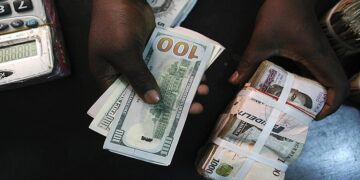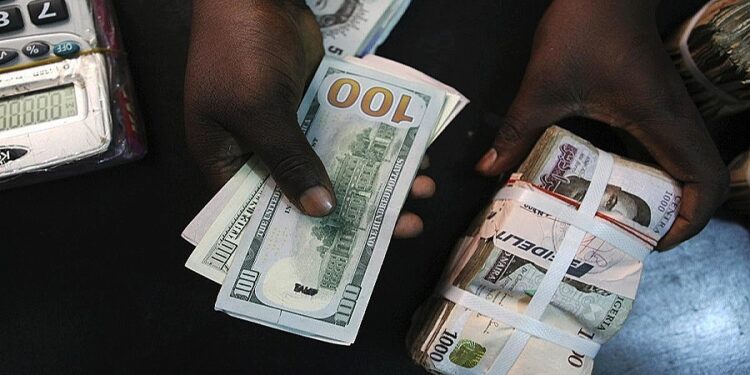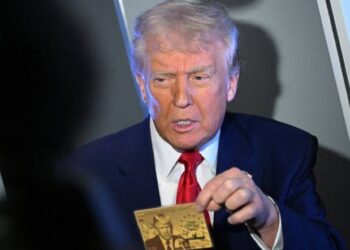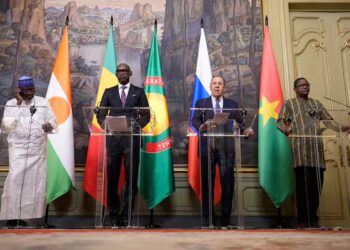By John Ikani
Nigeria’s national currency, the naira, is facing continued downward pressure as it dropped to N860 per dollar at the parallel market on Wednesday.
This marks a significant depreciation of N35 or 4.2 percent compared to its trading value of N825 the previous day.
The latest depreciation further widens the gap between the official and parallel market exchange rates.
The naira has been subject to consistent fluctuations ever since the government implemented the unification of the exchange rate windows.
At the investors and exporters (I&E) window, the local currency showed some signs of strength.
It appreciated by 6.58 percent against the dollar, closing at N742.9 on Tuesday, as reported by the FMDQ OTC Securities Exchange, the platform responsible for overseeing foreign exchange trading in Nigeria.
Meanwhile, Bureaux De Change (BDC) operators in Lagos and Ogun have confirmed the high demand for foreign currency in the parallel or street market.
These street traders, commonly known as ‘abokis,’ have set the buying price of the dollar at N840 and the selling price at N860, creating a profit margin of N20.
When questioned about the reasons behind the naira’s decline against the dollar, Abubakar, a BDC operator in the Agbara area of Ogun state, attributed it to increased demand for dollars amidst a shortage of supply in the market.
He however expressed confidence in his ability to source dollars for interested parties, stating, “Dollar is scarce now in the market. How much do you need? I can find it for you.”




































